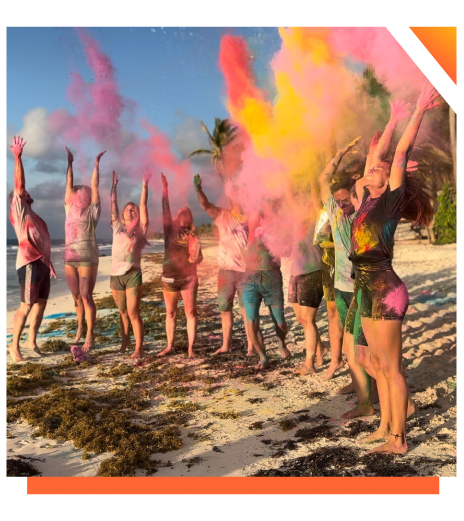
ABOUT THE DOC
Follow the courageous journeys of veterans as they conquer their deepest struggles and reclaim their lives. This documentary isn’t just about telling stories. Healing Heroes – No Mind Left Behind is a call to revolutionize how we treat PTSD and support those who’ve sacrificed so much for us. This is just the start of the healing. What comes next depends on all of us.
PTSD AWARENESS
What is Posttraumatic Stress Disorder (PTSD)?
PTSD is a mental disorder that can develop after a person of any age directly experiences or witnesses a traumatic event, such as exposure to war, threatened or actual physical assault, threatened or actual sexual violence, a violent crime or serious accident, or a natural disaster.
Stats
Common Misconceptions
Symptoms
22 veterans commit suicide each day
The Veteran’s Administration estimates that 22 veterans commit suicide each day. This is 8,030 every year–more than 5,540 of whom are 50 or older
PTSD is estimated to affect 10% to 20% of military veterans
PTSD is estimated to affect 10% to 20% of military veterans and behaves similar and as serious as cancer progressing by hiding from detection. This delay in detection later yields devastating consequences by the time it is severe enough to be found.
-Dr. Charlie Powell
disability rating of 30.2
Pre-treatment veterans had an average disability rating of 30.2 on the disability assessment scale. One month after treatment, that rating improved to 5.1, indicating no disability.
IS PTSD GUARANTEED IN A TRAUMATIC EVENT?
Not everyone who experiences a traumatic event will develop PTSD. Among those who do, the traumatic event may cause mild symptoms in one person, but may prove devastating for someone else.
IS PTSD REALLY A DISABILITY?
The Social Security Administration (SSA) considers post-traumatic stress disorder a disability. It falls under the category of trauma and stressor-related disorders.
What Are the Symptoms of PTSD in Veterans?
Symptoms include flashbacks (reliving the traumatic event), difficulty sleeping or bad dreams while sleeping, avoiding thoughts or feelings related to the traumatic event, being easily startled, angry outbursts, negative thoughts about oneself, distorted feelings like guilt or blame, and trouble remembering key features of the traumatic event.
WORDS FROM OUR HEROES
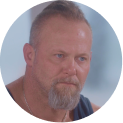
“Don’t let stigmas influence your decision to seek help, speak up, get help”
RYAN

“I was done with american traditional medicine, hurt by doctors, hurt by the system who over medicated me”
MEGAN

“It feels weird, on the documentary people will see me cry, be vulnerable and hear my story, but I know my experience and what I went through will help others”
KEEGAN

“You’re not alone, you’re not meant to do it alone, don’t quit, don’t lose hope”
COURTNEY
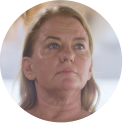
“Group therapy didn’t work for me, neither did the medications- I was on so many of them- I wanted improvement but nothing was working”
LYNN THE COMBAT MP

“I knew something had to change”
JASON
A SNEAK PEEK
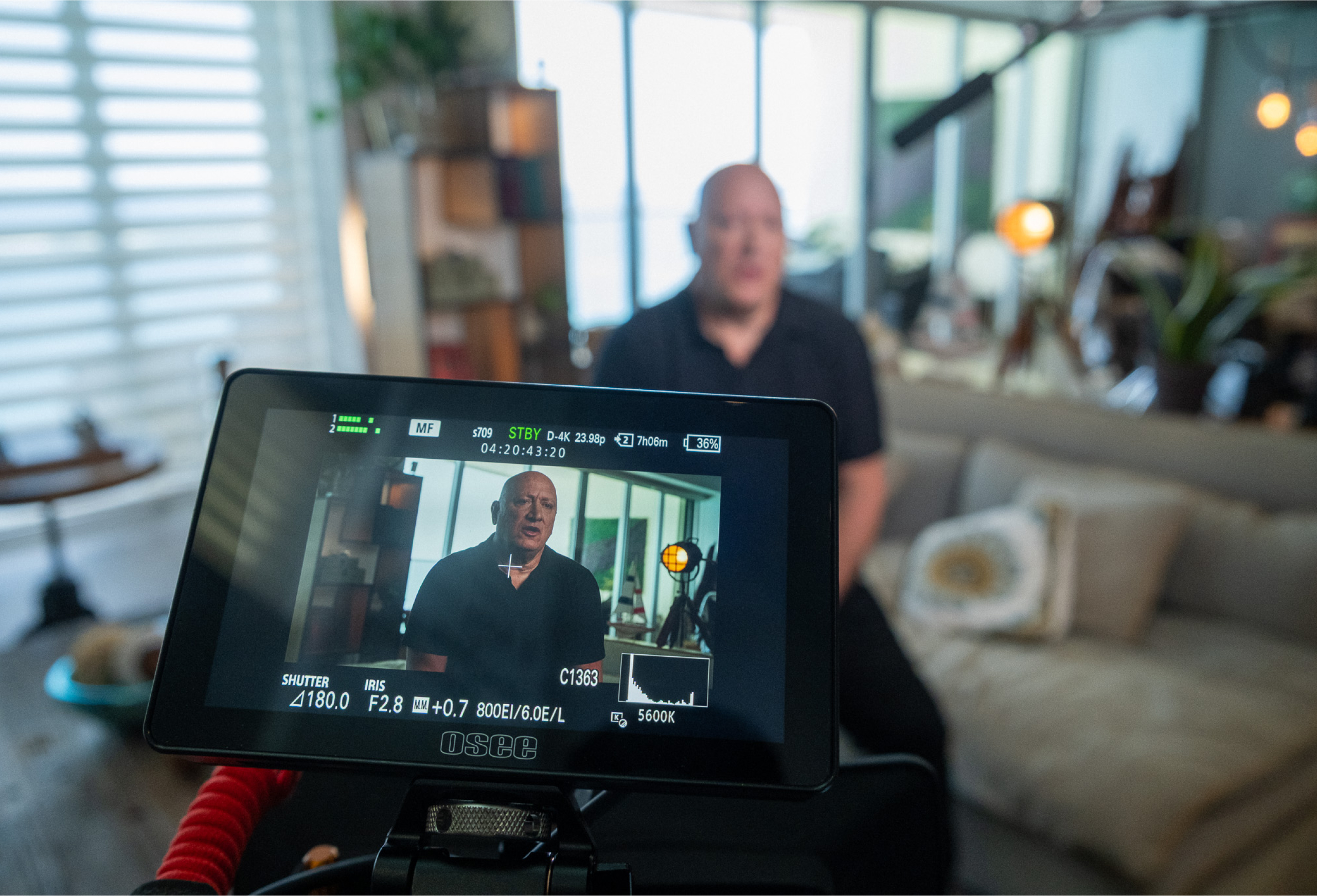

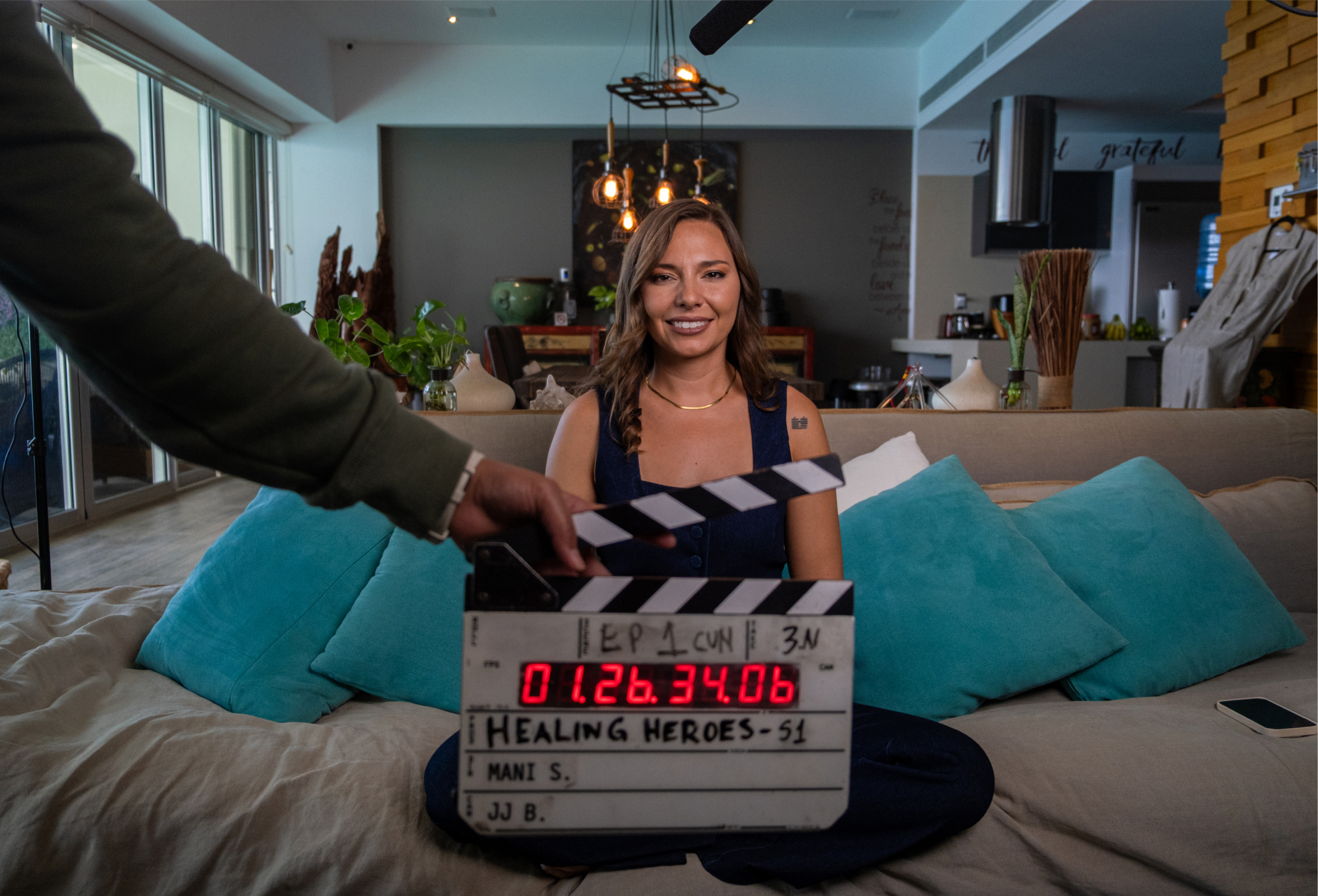
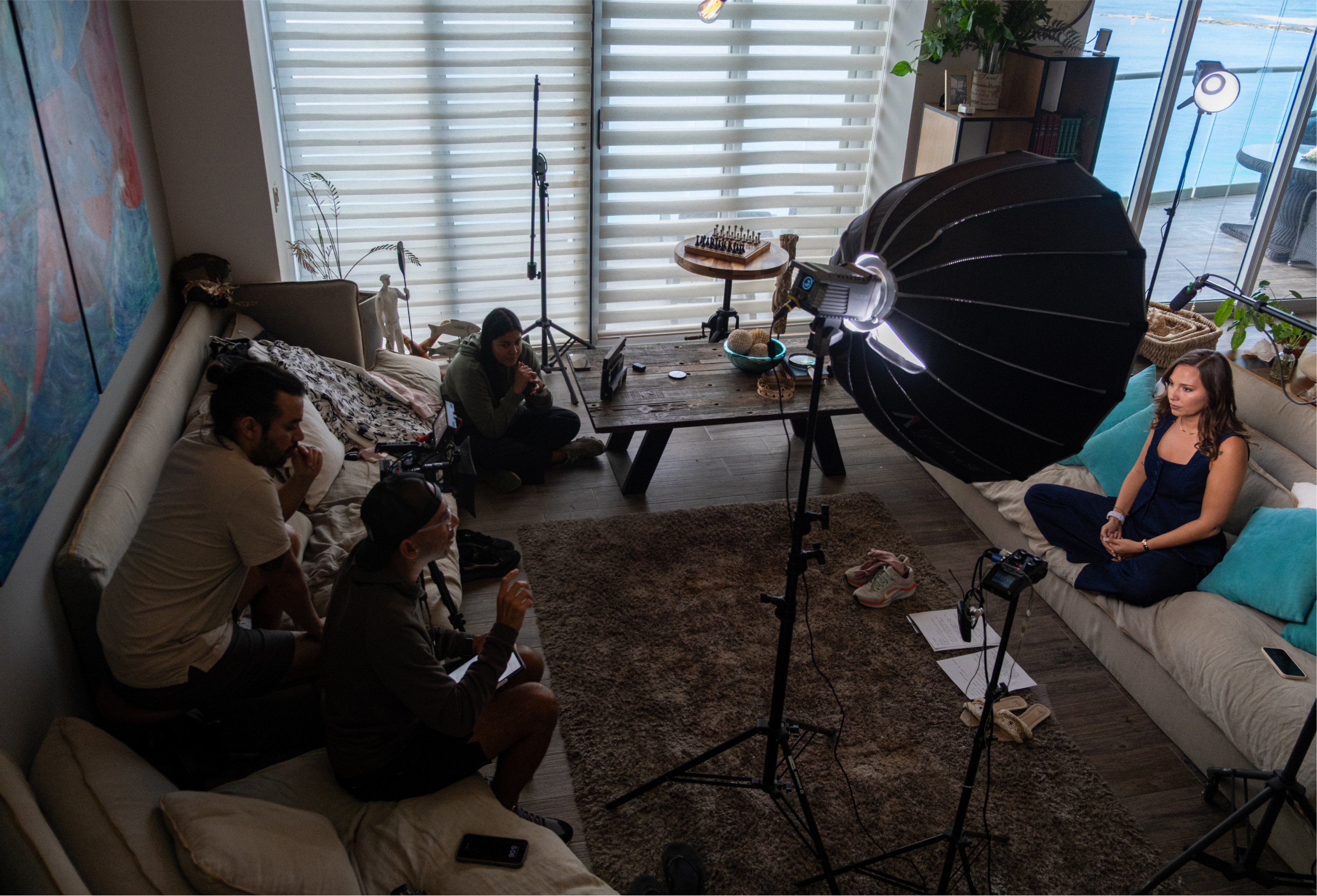
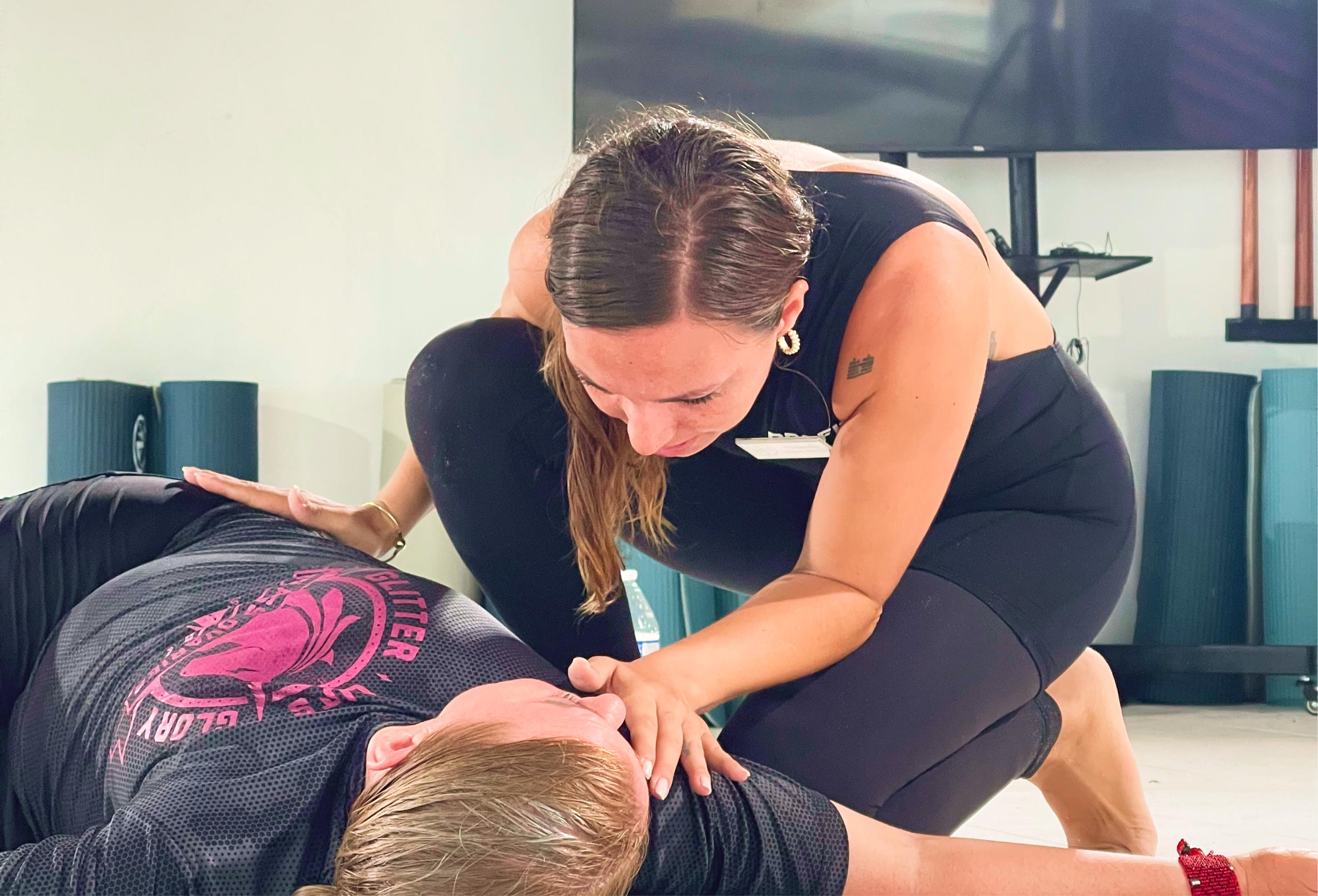
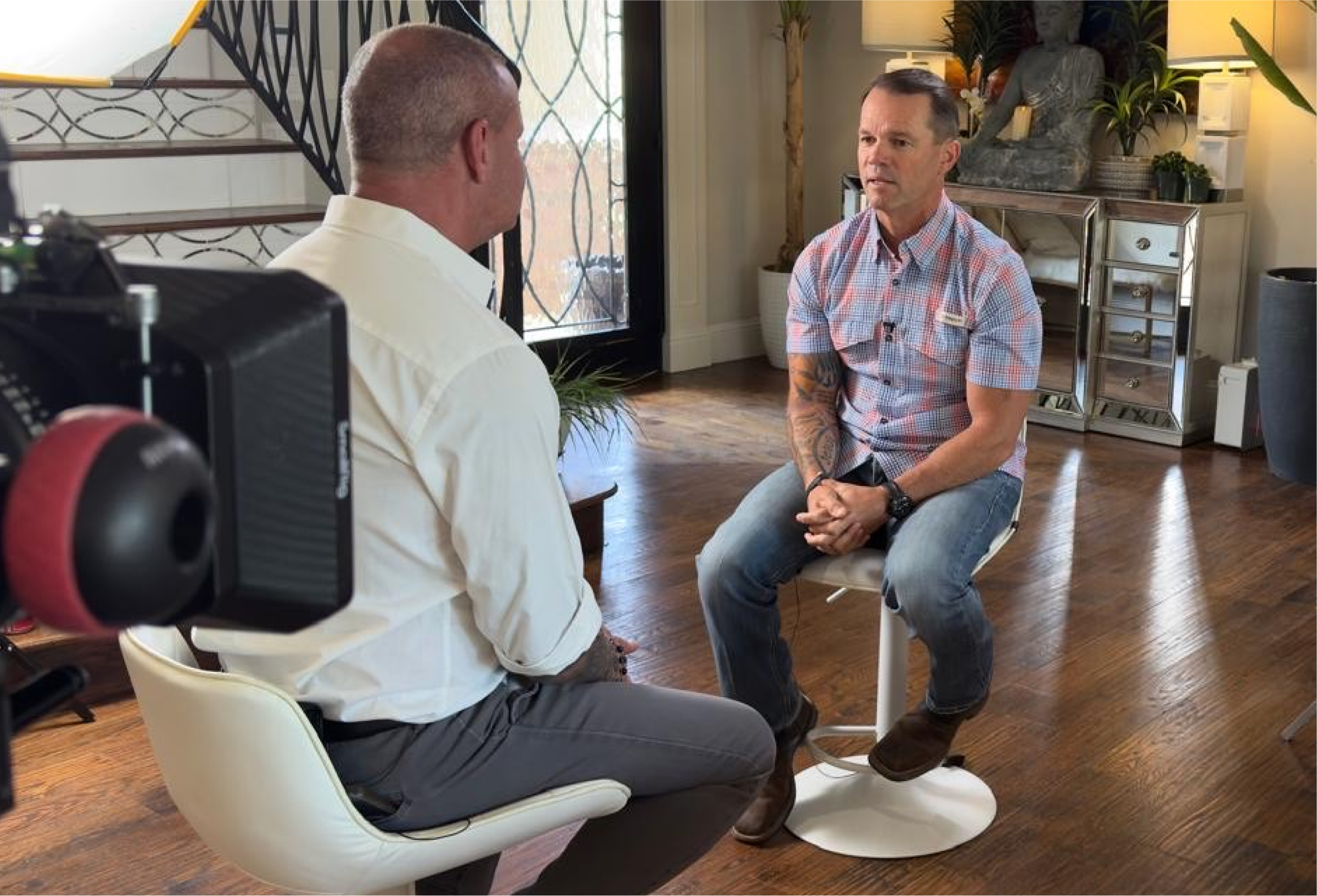
JOIN OUR MAILING LIST
Subscribe to the Healing Heroes – No Mind Left Behind newsletter for special moments like new cinematic trailer drops, but also both continuing information on PTSD and the journey “back to the light” that is available through alternative medicine, and to stay up-to-date on the current heroes journeying to the light!

